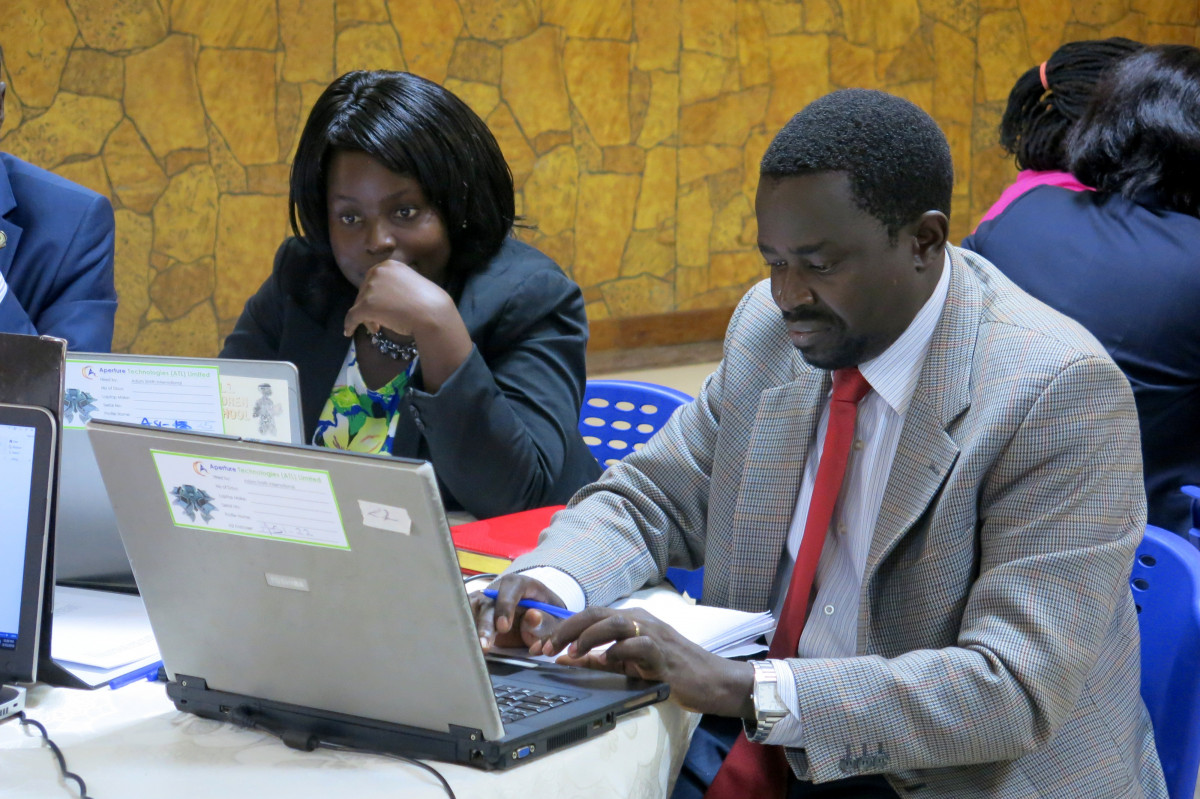Enhancing local capacity in Uganda to investigate corruption in infrastructure projects and procurement

In response to the challenges facing members of the judiciary, prosecutors and investigators in curbing procurement fraud and corruption in Uganda, training experts from the International Centre for Asset Recovery conducted a five-day specialised training module on investigations into corruption in infrastructure projects and procurement. This was attended by 25 - 32 participants, comprising magistrates, prosecutors, investigators from the Inspectorate of Government and Ugandan Police, and officials from the Uganda National Roads Authority, Public Procurement and Disposal of Public Assets Authority and Ministry of Finance.
This workshop examined procurement crimes in infrastructure construction projects, which is a primary source of corruption income across the globe. It covered the types of corruption and fraud schemes common in contracting and procurement such as bribery, collusion, bid rigging, kickbacks and undisclosed financial interests involved in contract award.
This workshop was conducted within the context of the SUGAR project (Strengthening Uganda’s Anti-Corruption and Accountability Response), funded by the UK Department for International Development. Some of the participants had the benefit of attending one of the four ICAR workshops on Financial Investigations and Asset Recovery conducted during 2016, which lays the basis for more specialised training.
Participants appreciated learning how to identify fraud and corruption in the procurement process, and the trainers’ ability to provide relevant and practical examples. The identification of relevant corruption schemes and red flags when investigating procurement fraud and corruption within the Ugandan context proved “very eye-opening”, and was well received. The ICAR trainers were complimented on their “clear and appropriate delivery of information, open-mindedness, understanding of Ugandan laws and practice, as well as all-inclusive approach to presentations and tasks.”


